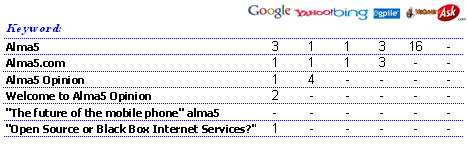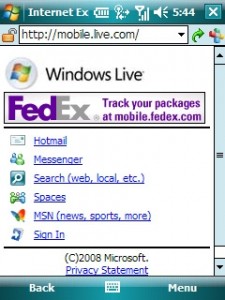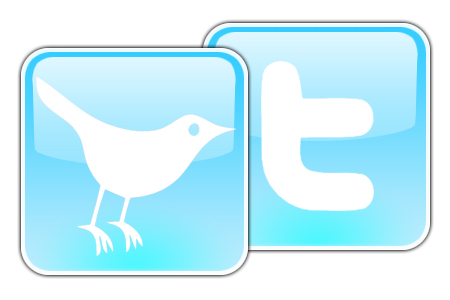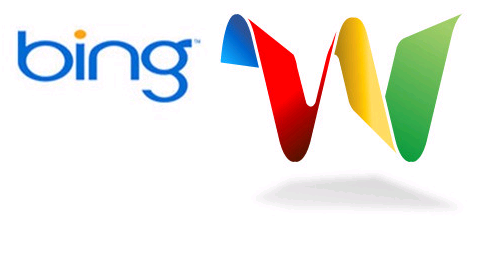Three years ago Google launched its own office-Suite, Google Docs, which is available for free through the web. Microsoft, current global leader in the office suite space, with a multi billion profitable business unit, will offer a web version of Microsoft Office for free! Is this a deja vu, a 3 year lag in Microsoft vision or these two companies have entered a head-to-head irreversible war? In our opinion there is a real war out there and someone will be seriously bleeding soon -which may neither be Google nor Microsoft…
Recently we saw Google announcing Google Wave, an attempt to shift users away from the traditional e-mail (where Microsoft is a strong player through its Exchange server) and also few days back it appeared that Google decided to develop a new Operating System that aims to challenge the Microsoft Windows era as will be based on proven Linux kernel while carrying Google’s image and market accessibility. In both these ambitious attempts Google claims that current offerings have been designed at times when the Internet and the Web where not used the way people use them today, thus users have a strong reason to switch.
On the other hand, Microsoft has launched a new search Engine and after various failures in the past (msn search, windows live search, live search) seems to it has found some traction to make an impact on Google search. Now it aims to offer one of its jewels, Microsoft Office, free of charge on the web! By looking at Microsoft performance as a company, the Internet business has been loss making for a while. It is thus very sensible to keep trying to offer a search engine that can really appeal to users and get bigger market shares and more revenues. Why would Microsoft though sacrifice its profitable revenue streams by giving free access on Microsoft Office (OK, will most likley be just a basic version but for sure will be much more appealing to the “stranger” and not really mature Google Docs) a software package that brings billions of profits annually and was never really challenged by Google Docs?
Well, we said there is a war out there, haven’t we? According to Forrester group, Microsoft will seek to make money by using the free MS Office web version to lead those users to its ad-supported websites, including the Bing search engine. So it all makes some sense after all…
In our opinion what is going on lately is not just a war between Google and Microsoft to declare a winner. The fact that Google, a real powerhouse of on-line advertising (No longer the start-up provider of a brilliant ad-supported web search service) is trying to extinguish the revenue streams of Microsoft (by offering everything for free and giving reasons to users Not to pay for Microsoft products) and the fact that Microsoft, the aggressive long term dominating Software company, decided to give away some of its products for free to eat up advertising market share from Google is very worrisome…
In our opinion the 2 most powerful and influential companies in the IT world no longer aim to make money from the users. Instead, they aim to give away freebies to get “traffic” of users and sell more advertising. It was anyway Google’s approach right from the beginning, however this was originally a plan towards being able to fund a great services. Now it seems its the other way round and it seems that Microsoft has been dragged down this path as well. We have been very critical in the past on the poor quality of Microsoft products as they did not really have any competition. Now there is a clear competitor but also some new ‘rules of the game’ that are once more against the evolution of good quality Software… We hope we are very wrong as in our opinion the IT industry and the Internet has so much more to offer to humanity than being a vehicle to sell more advertising…





